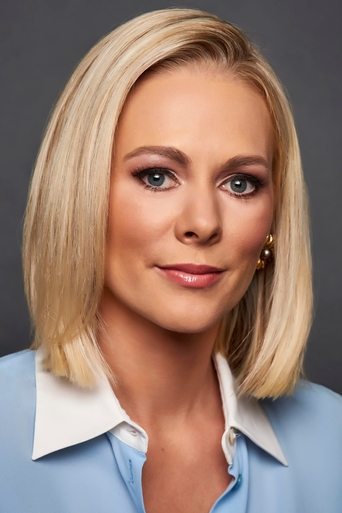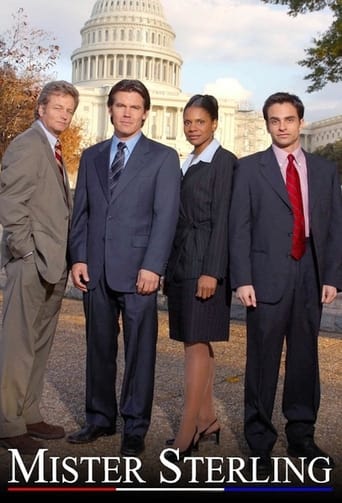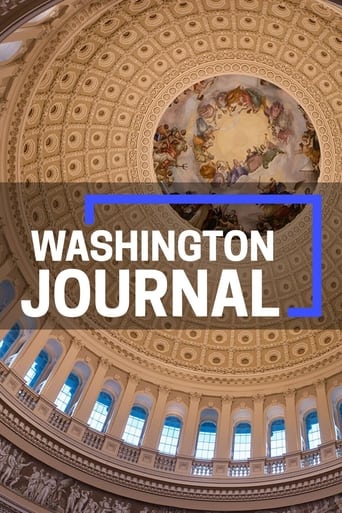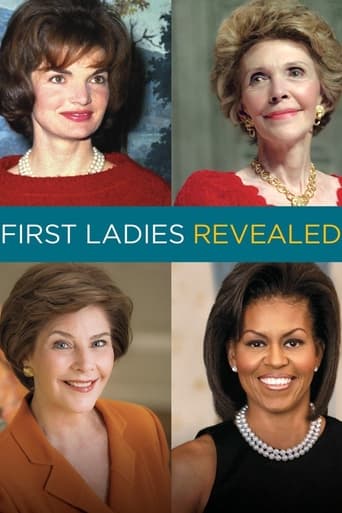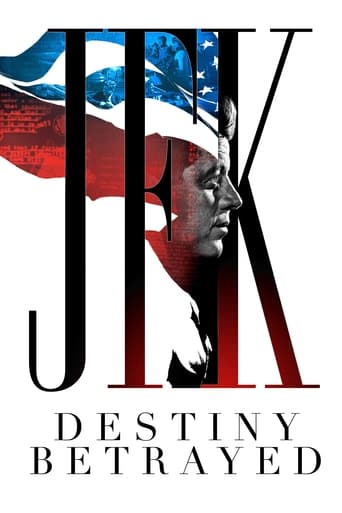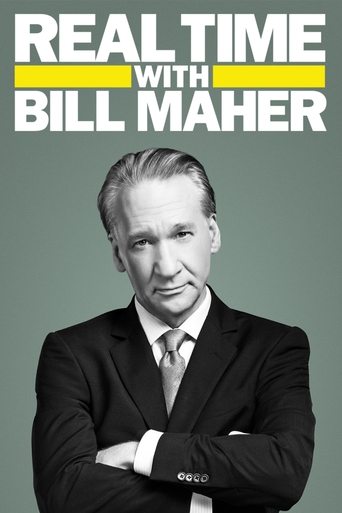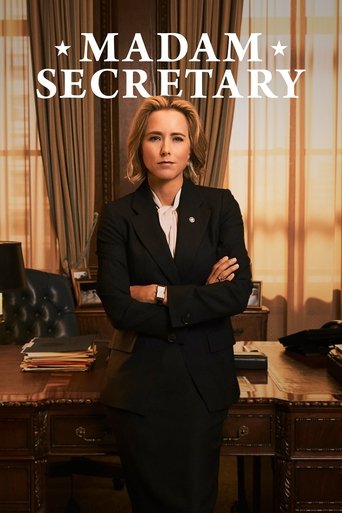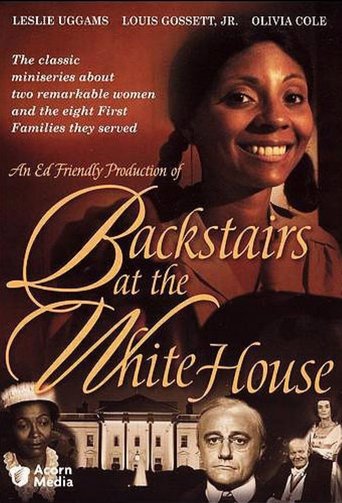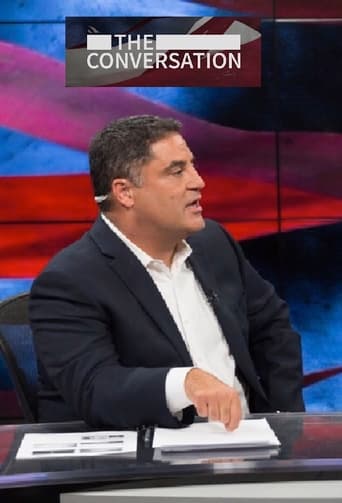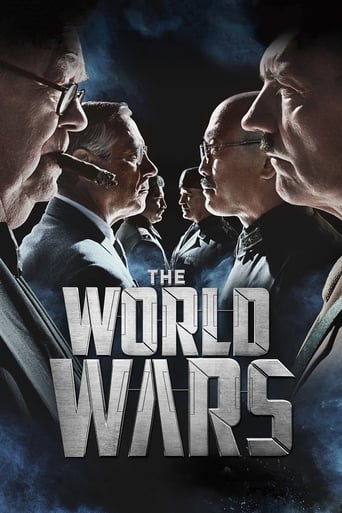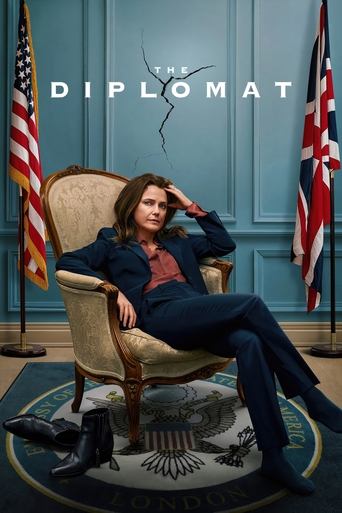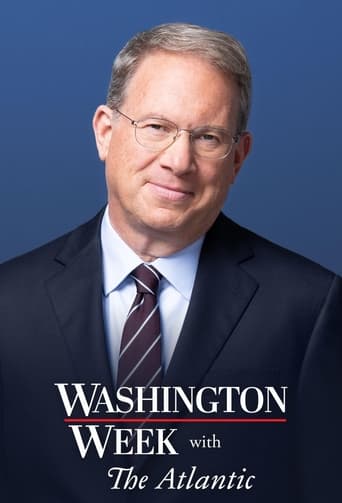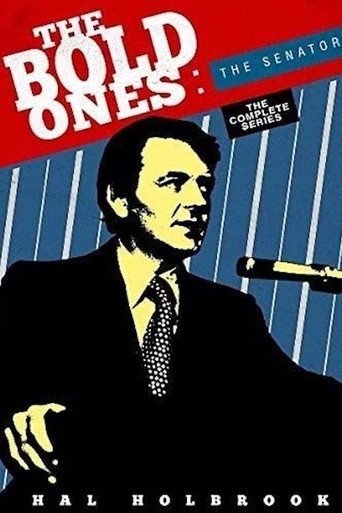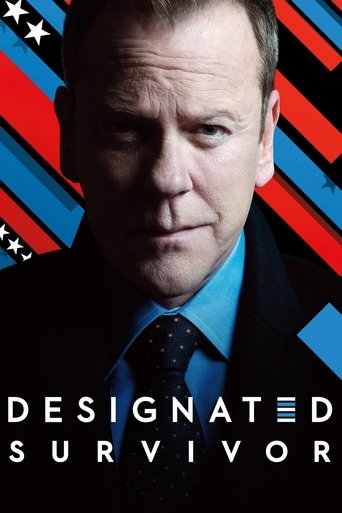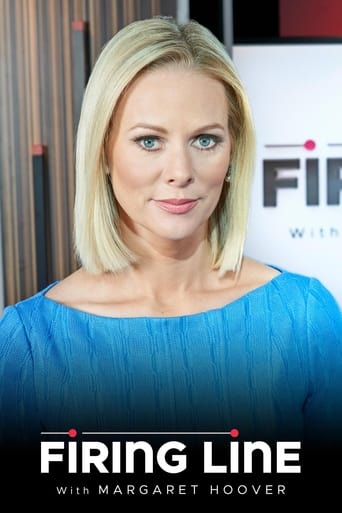
Rating:
7.5/10 by 2 users
Ari Wallach
Futurist and author Ari Wallach discusses his PBS series “A Brief History of the Future,” exploring innovations and ideas, from 3-D printed homes to fusion energy, that could solve our biggest challenges and lay the foundation for a better tomorrow.
Writing:
Release Date:
Fri, Jun 22, 2018
Country: US
Language: En
Runtime: 27
Country: US
Language: En
Runtime: 27
Margaret Hoover
Self - Host
Season 7:

Journalist Tim Alberta discusses his new best-selling book exploring evangelical Christians' steadfast loyalty to Donald Trump. He examines the fear driving Christian nationalism and the impact of faith-based politics on the 2024 election.

Congressman Tony Gonzales (R-TX), who represents nearly half of the U.S.-Mexico border, discusses the influx of migrants, why they’re coming, his policy ideas addressing the crisis, and whether bipartisan agreement on the issue is possible.

New Hampshire GOP Gov. Chris Sununu explains why he supports Nikki Haley for president in the lead-up to the crucial first 2024 primary in his state. He discusses her chances against Trump, his stance on a Trump-Biden rematch, and the GOP's future.

Amb. Deborah Lipstadt—Biden’s Special Envoy to Monitor and Combat Antisemitism—discusses the spike in hatred toward Jews since Oct. 7 and the silence from many over Hamas’ atrocities. She explains why it is a threat to democracy and how to fight it.

Ret. Gen. David Petraeus discusses the U.S. response to the Iran-backed militia's drone strike that killed three American troops. He comments on Israel's campaign in Gaza, strategies to prevent Hamas' resurgence, and the necessity of aid to Ukraine.

Entrepreneur and philanthropist Sheila Johnson, the co-founder of BET who now owns sports teams and luxury hotels, discusses her memoir “Walk Through Fire” on how she overcame adversity to become America’s first Black female billionaire.

Jared Cohen discusses “Life After Power,” his new book about post-presidential roles—from John Quincy Adams’ nine terms in Congress to Herbert Hoover's humanitarian work to George W. Bush's painting—and says ex-presidents are essential to democracy.

At Hofstra University, Margaret Hoover leads a forum with two conservatives on the impact of a second Trump term. Amanda Carpenter warns of Trump's authoritarian impulses; Mike Gonzalez argues Trump would restore effective conservative policies.

Margaret Hoover moderates a forum at Hofstra U. on whether the Electoral College should be abolished. Save our States founder Trent England argues to keep it while the New York Times’ Jesse Wegman supports replacing it with a national popular vote.

Social psychologist Jonathan Haidt discusses his new book, "The Anxious Generation," which explores how social media and phone-based parenting led to Gen Z's mental health crisis. He says young brains have been rewired and calls for societal change.

Futurist and author Ari Wallach discusses his PBS series “A Brief History of the Future,” exploring innovations and ideas, from 3-D printed homes to fusion energy, that could solve our biggest challenges and lay the foundation for a better tomorrow.

Coleman Hughes, podcast host and author of “The End of Race Politics,” argues for a colorblind America. He critiques affirmative action and DEI, calls some anti-racism efforts “neoracist,” and discusses why he prefers class-based policies.

Constitutional scholar Melissa Murray discusses Donald Trump’s first criminal trial in Manhattan, the importance of jury selection, the political implications of trying a former president, and what to expect in Trump’s three other criminal cases.

Maricopa County Recorder Stephen Richer, a Republican who has taken heat from the GOP for rejecting election lies, discusses the new indictment of Trump allies in Arizona over attempts to overturn the 2020 election and preparations for the 2024 race.

NYT columnist Frank Bruni discusses his new book, The Age of Grievance, about the culture of victimhood in American politics and society, including on college campuses. He examines its effects and offers solutions for overcoming this divisive trend.

Journalist Fareed Zakaria discusses his book, “Age of Revolutions,” and says technological, political, and cultural upheaval may make now the most revolutionary time in history. He urges Biden to change his policies on the border and on Israel.

Pulitzer Prize-winning historian Doris Kearns Goodwin discusses “An Unfinished Love Story,” her new book examining the 1960s through the eyes of her late husband, presidential speechwriter Richard Goodwin. She reflects on how history inspires hope.

Conservative attorney George Conway defends the merits of the New York hush money case against Trump as the verdict nears. He calls the former president a narcissist who is unfit for office and says a second term would make the nation ungovernable.

Author and podcast host Dan Senor discusses the daring rescue of four Israeli hostages in Gaza, prospects for a cease-fire deal, the new U.N. report accusing both Hamas and Israel of war crimes, and the potential for a new conflict with Hezbollah.

Rep. Ritchie Torres of the Bronx, an Afro-Latino Democrat, discusses his split with progressives, Trump’s rally in his district, and Biden’s struggles with voters of color. He reflects on his childhood in public housing and his support for Israel.

Edward O’Keefe, CEO of the Theodore Roosevelt Presidential Library Foundation, discusses his book on the 26th president and the five women who shaped him. He also reflects on Roosevelt’s legacy and its relevance to contemporary politics.

Former Trump Deputy National Security Advisor Matt Pottinger says China's cold war against the U.S. is intensifying. He discusses tensions over Taiwan, the importance of deterrence, how China views Trump and Biden, and where the country is headed.

GOP strategist Mike Murphy says Democrats need to replace President Biden on the ticket to have a solid chance in the 2024 election, discusses the ascension of Ohio Sen. J.D. Vance and weighs in on ways to tone down heated political rhetoric.

Legendary political strategist James Carville discusses how President Biden's decision to step aside has reshaped the 2024 election, assesses Vice President Kamala Harris' chances in November and gives his fellow Democrats advice on how to win.

Michigan Secretary of State Jocelyn Benson, GOP lawyer Benjamin Ginsberg and election expert David Becker discuss the security and integrity of American elections ahead of November's contest between former President Trump and Vice President Harris.

Iowa's Joni Ernst — one of the top Republicans in the U.S. Senate — shares her views on standing up to antisemitism and violence against women, the importance of U.S. support for Ukraine and Israel, and why civility still matters in politics.

Supreme Court Justice Neil Gorsuch discusses his new book "Over Ruled: The Human Toll of Too Much Law" and makes the case that federal agencies and unaccountable bureaucrats have far too much power over Americans' lives.

California Sen. Alex Padilla makes his case for Vice President Kamala Harris, explains his opposition to President Biden's border crackdown and argues that Latino voters should support the Democratic ticket in November.

Top Trump White House economic adviser Kevin Hassett discusses this week's presidential debate, defends the former president's economic agenda — including new tariffs — and critiques Vice President Kamala Harris' economic plans.

Former Fox News host Bill O'Reilly sits down with Margaret Hoover, a former guest on "The O'Reilly Factor." The conversation covers his new book on America's presidents, the 2024 race, and sexual harassment allegations that led to his exit from Fox.

Former Secretary of State Hillary Clinton discusses Vice President Kamala Harris' road to the White House, how to stand up to America's rivals abroad, the state of the two major political parties, and the role of a free press.

Former GOP Gov. Larry Hogan talks about running for the U.S. Senate in deep-blue Maryland, his message to Democratic voters, his support for abortion rights and how he would remain an independent voice in an era of partisan polarization.

Former Secretary of State Condoleezza Rice discusses the perils of isolationism, the need for the U.S. and its allies to stand up to authoritarian states, and her assessment of Israel's war with Hamas and Hezbollah.

Pennsylvania Gov. Josh Shapiro makes his case for Vice President Kamala Harris, discusses how she can win the most closely-watched swing state, and outlines bipartisan efforts to ensure a safe and secure election amid baseless claims of fraud.

A panel of election experts — Democrat Jocelyn Benson, Republican Stephen Richer, and GOP election lawyer Ben Ginsberg — discuss how votes will be counted this November, Elon Musk's claims about the election, and when Americans will know the results.

Former Trump National Security Advisor H.R. McMaster discusses global threats ahead of next week’s presidential election, evaluates the consequences of Trump’s "disruptive" style, and responds to his former boss's stated second-term agenda.

Pulitzer Prize-winning presidential biographer Jon Meacham reflects on former President Trump’s victory over Vice President Harris, how it impacts President Biden’s legacy, and what the outcome of the 2024 election means for the soul of America.

AEI senior fellow Kori Schake assesses Donald Trump’s approach to foreign policy, his first Cabinet choices, and how his second presidency could impact America’s allies and adversaries. She also warns against politicization of the military.

Sebastien Lai—whose father, publisher Jimmy Lai, is on trial in Hong Kong for alleged national security crimes—and attorney Jonathan Price discuss the charges, the decline of freedom in Hong Kong, and international support for his father’s release.

